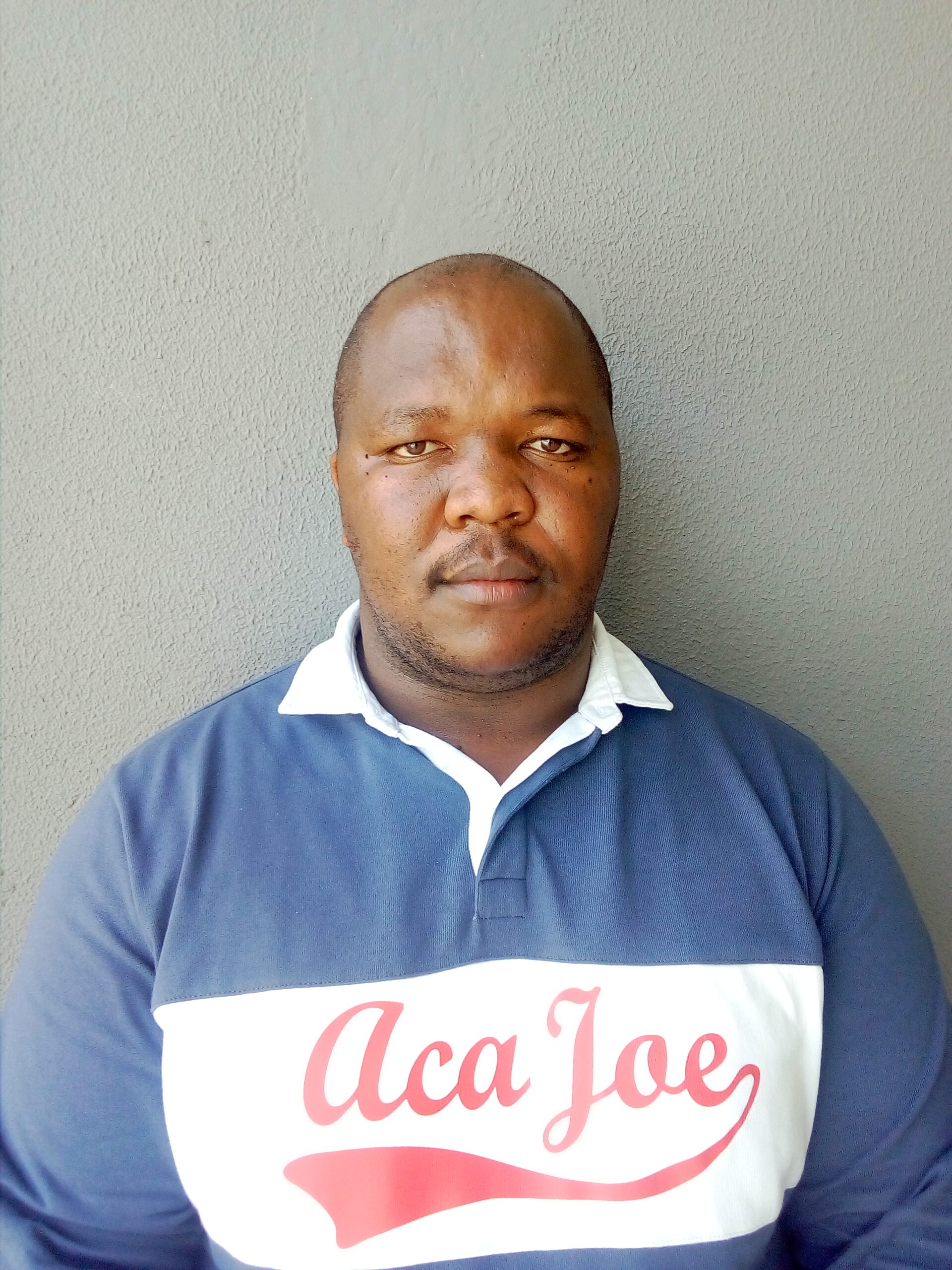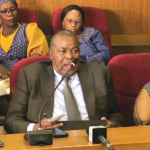A growing standoff between Lesotho’s subordinate chiefs and the government shows no signs of easing, as defiant chiefs have vowed to continue staying away from work in protest over delayed salary adjustments, despite warnings from the College of Chiefs and Minister of Local Government and Chieftainship, Lebona Lephema.
On 8 June, the Association of Chiefs formally notified the College of Chiefs of their decision to down tools effective 9 June, citing the government’s failure to implement court-ordered salary increases.
At a press conference on Wednesday, the College of Chiefs distanced itself from the strike, stating that while chiefs are justified in their grievances, they cannot legally engage in industrial action. Reading a statement on behalf of the College, Chieftainess ‘Mamolapo Majara said chiefs are public officers, not civil servants, and thus receive emoluments in accordance with the law, not through collective bargaining.
The College acknowledged the legitimacy of the salary concerns but emphasised that the matter is being addressed by the government. The Principal Chiefs expressed solidarity with the protesting chiefs but disapproved of their method of protest.
“It has come to the attention of the Principal Chiefs of Lesotho that the Lesotho Workers Association (LEWA) has announced that chiefs across the country will withdraw their services effective 9 June 2025,” the statement read.
“We, the 22 Principal Chiefs of Lesotho, including those of Likueneng and Thaba-Tšoeu, hereby declare that, in accordance with the laws governing chieftainship in Lesotho, no chief may affiliate with or be represented by a workers’ union, as stipulated in Section 154(4) of the Constitution.”
The College of Chiefs further urged their subordinates to resume their duties and abandon the stay-away.
However, some chiefs remain unmoved. Chief Setlolela Lebona of Nkh’unkh’u said he continues to serve his community, stating: “We are the ears and eyes of the King,” while accusing LEWA of sowing division between chiefs, their senior counterparts in the Senate, and the government.
In Lesotho, chiefs play a vital role in traditional governance, including land allocation, dispute resolution, law enforcement support, and community development, all under the authority of the King and guided by the Chieftainship Act of 1968.
Principal Chief of Tajane, ’Mako Mohale, said chiefs have endured poor remuneration for over a decade. Last month, chiefs voiced their frustrations before parliament’s Social Cluster Committee, citing the government’s failure to implement promised salary adjustments, which were supposed to take effect in April 2025. The lowest-ranking chiefs were due to receive an increase from M1,500 to M3,000.
Despite a settlement reached at the Directorate of Dispute Prevention and Resolution (DDPR), implementation has been delayed. LEWA representative Hlalefang Seoaholimo said the association is now pushing for enforcement of the award to ensure the chiefs receive their revised salaries.
When pressed by parliament’s committee to provide a payment timeline, Principal Secretary (PS) Dr ’Mamphaka Mabesa said cabinet would soon pronounce itself on the matter.
Minister Lebona Lephema also appealed to the chiefs to end their protest, assuring them that the government, in coordination with the College of Chiefs, is working to resolve their grievances and will announce the outcome once the process is complete.
Summary
- A growing standoff between Lesotho’s subordinate chiefs and the government shows no signs of easing, as defiant chiefs have vowed to continue staying away from work in protest over delayed salary adjustments, despite warnings from the College of Chiefs and Minister of Local Government and Chieftainship, Lebona Lephema.
- “We, the 22 Principal Chiefs of Lesotho, including those of Likueneng and Thaba-Tšoeu, hereby declare that, in accordance with the laws governing chieftainship in Lesotho, no chief may affiliate with or be represented by a workers’ union, as stipulated in Section 154(4) of the Constitution.
- Minister Lebona Lephema also appealed to the chiefs to end their protest, assuring them that the government, in coordination with the College of Chiefs, is working to resolve their grievances and will announce the outcome once the process is complete.

Thoboloko Ntšonyane is a dedicated journalist who has contributed to various publications. He focuses on parliament, climate change, human rights, sexual and reproductive health rights (SRHR), health, business and court reports. His work inspires change, triggers dialogue and also promote transparency in a society.







